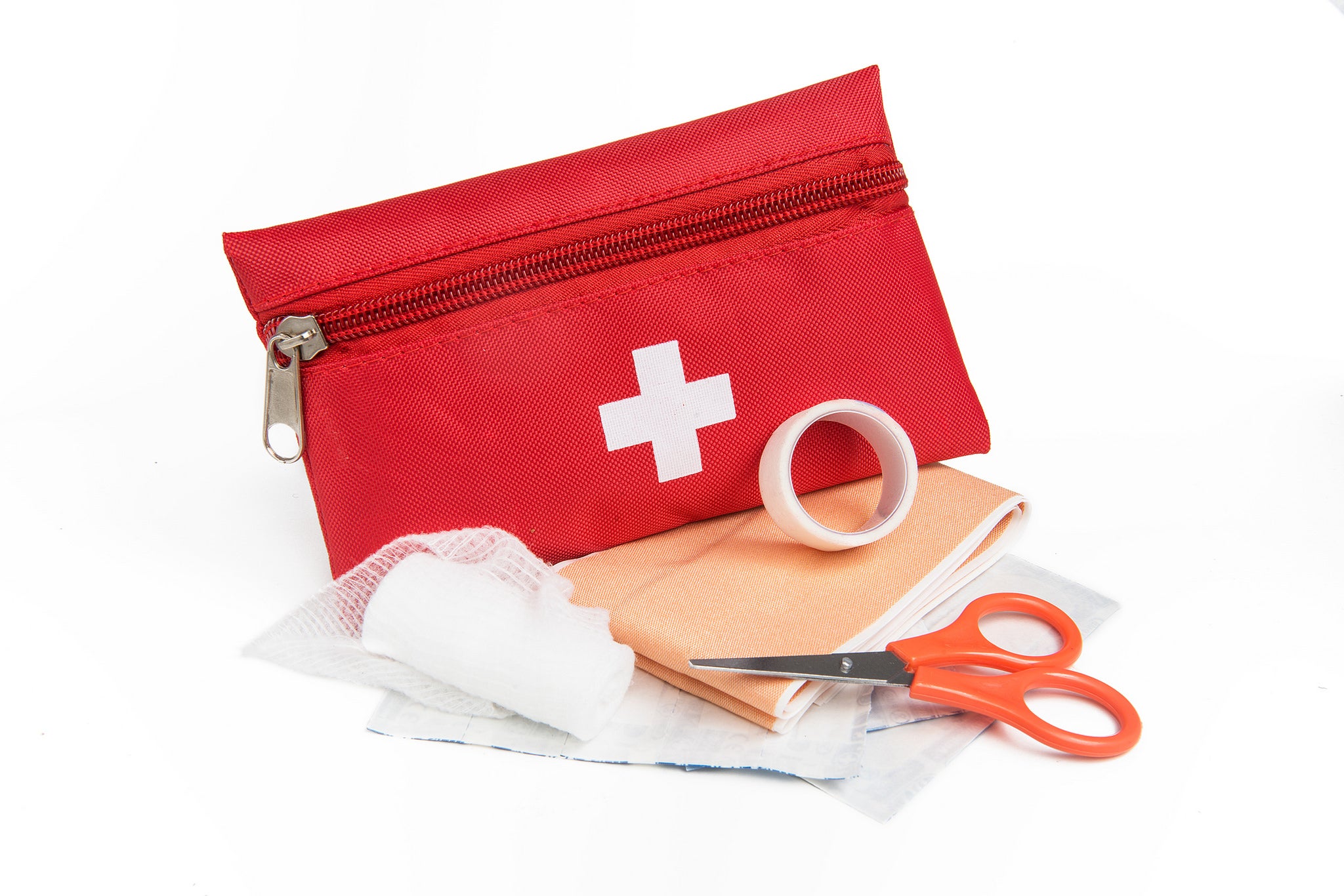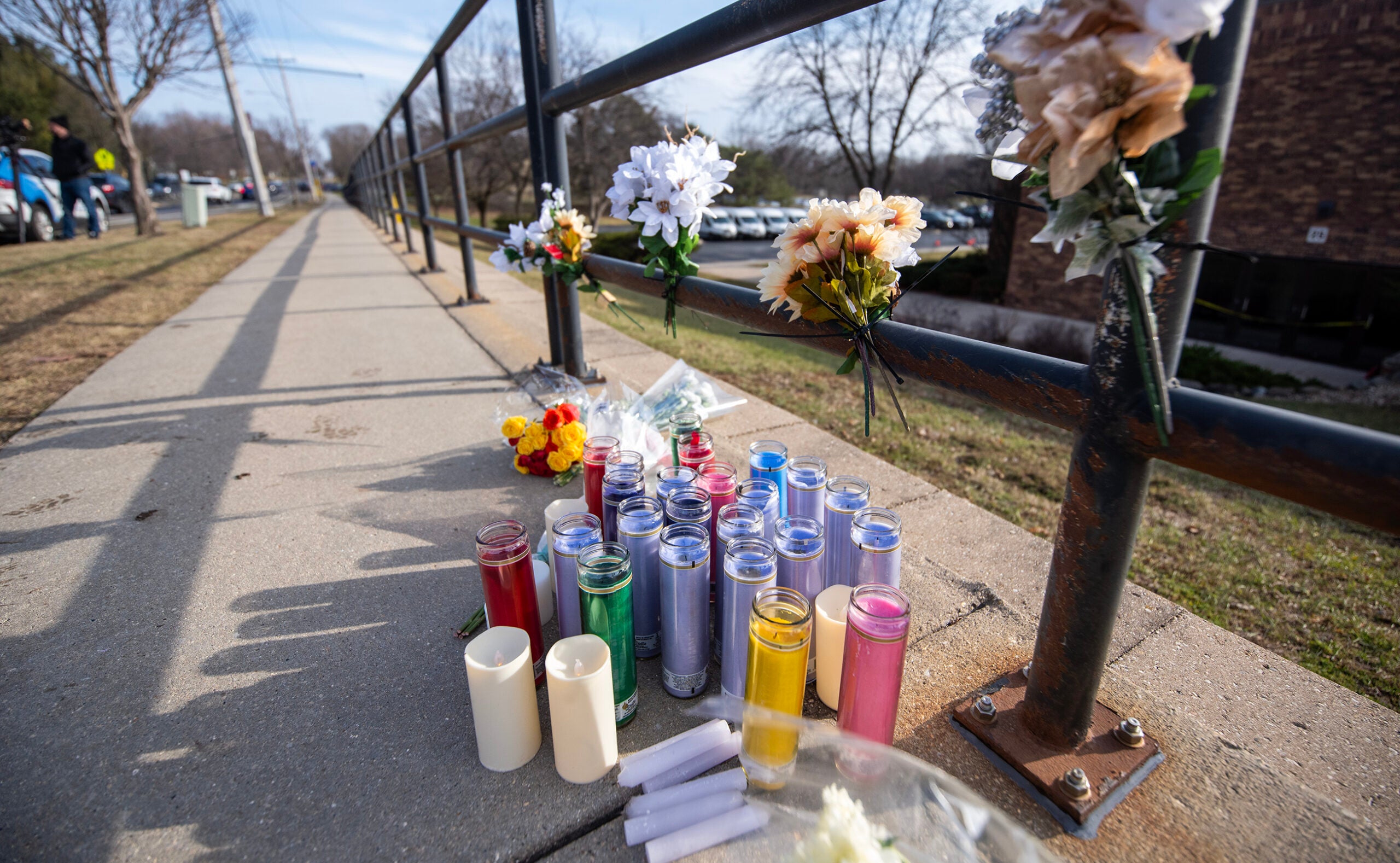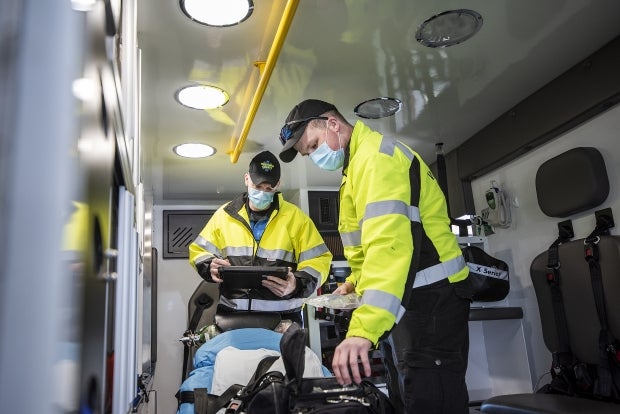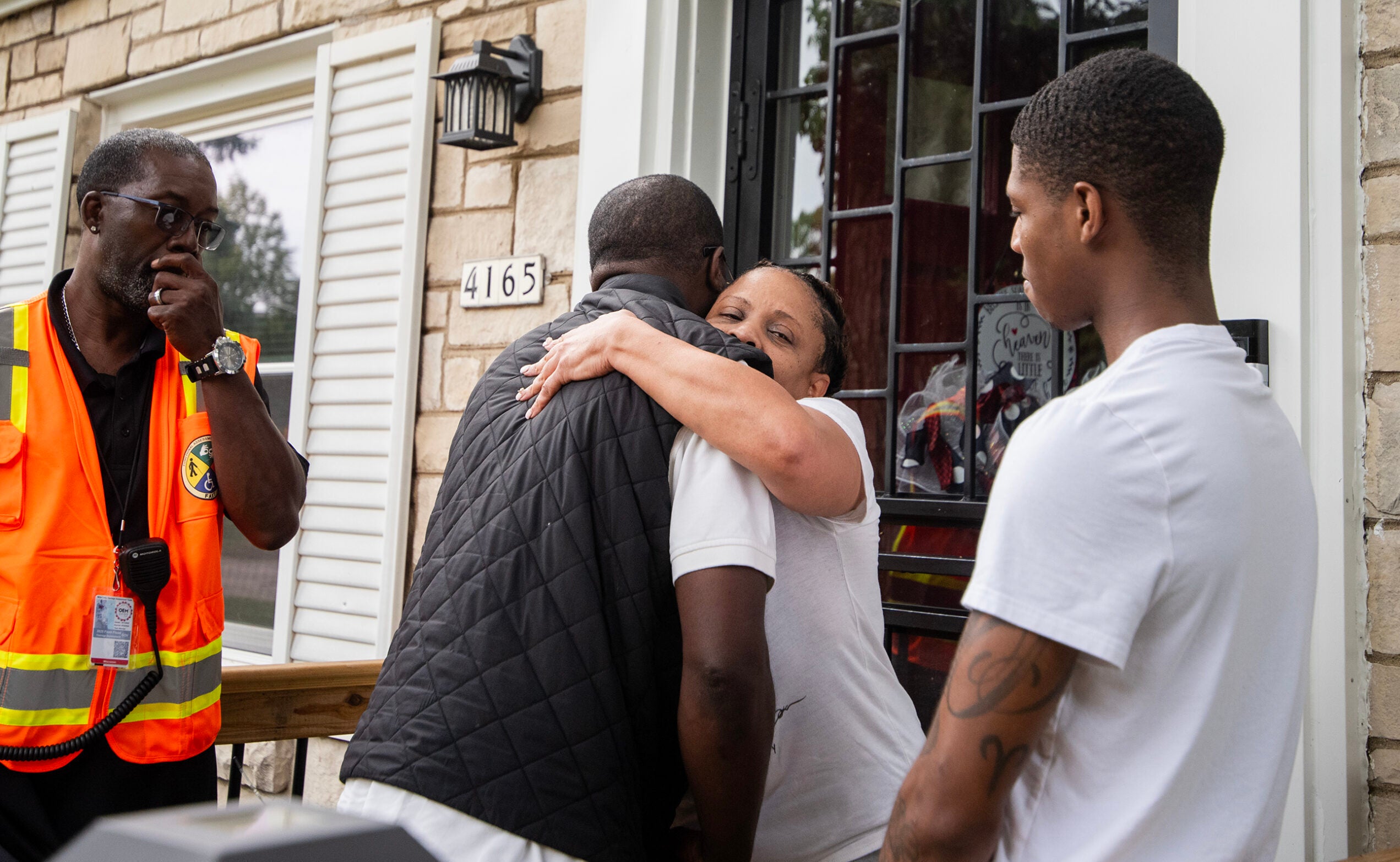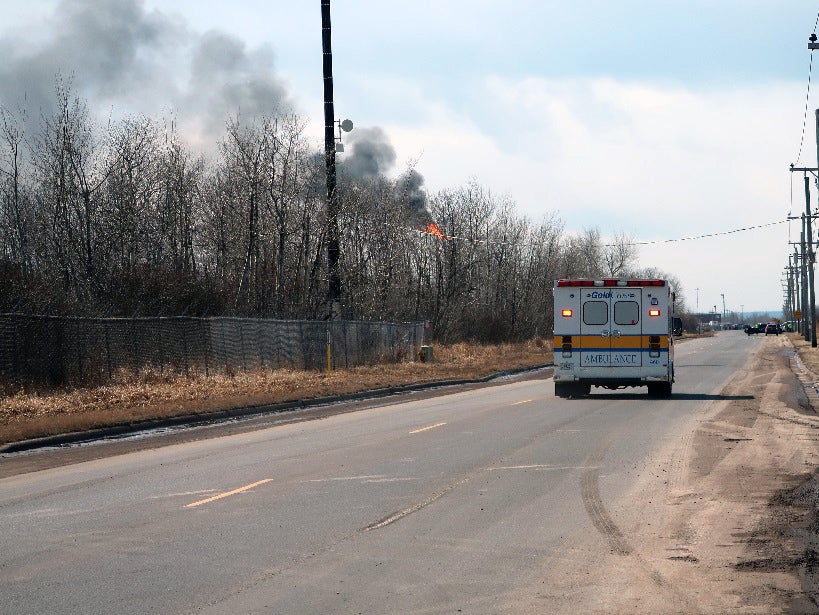If a medical emergency happens at home, are you prepared? We speak with an emergency medicine physician about how to stock your home and prepare for medical emergencies. We also talk about how to determine when to go to the ER.
Featured in this Show
-
4 Ways To Prepare For An Unexpected Medical Emergency
Home should feel safe. But when an unexpected medical emergency occurs there, it can be hard to know what to do.
Medical experts say it’s best to be over-prepared in a crisis.
“This is the sort of thing that you’re always much happier to be prepared for,” said Dr. Benjamin Schnapp, assistant director of UW Health’s Emergency Medicine Residency Program.
Schnapp recommended a few ways to do that:
1. Keep a first aid kit handy.
While this seems like a simple step, Schnapp said it’s something that’s easy to overlook. You can purchase a pre-assembled kit from the drugstore, but you’ll create a better kit on your own.
“The important things, from my perspective: a pair of gloves, so if something does happen, you can protect yourself,” Schnapp said. “A good bit of gauze and bandages of different sizes, you want to be able to completely cover a wound if possible, keep it clean… and hopefully stop that bleeding.”
A small splint and gauze wrap also may come in handy in a first aid kit, Schnapp said. You may feel pressured to purchase fancy high-tech bandages, but Schnapp said that’s usually not necessary.
“Unless you’re on blood thinners or have some other reason that your blood doesn’t clot, just applying a good amount of direct pressure from that gauze, and then elevating the bleeding part above your heart, is usually enough to get wounds to stop (bleeding),” he said.
The other mistake people make? Checking on their bandaged wounds too early. Give it at least 10 minutes before you look, he said.
2. Take a CPR/First Aid class.
Even if you’ve taken the class in the past, it’s always good to have a refresher. When the skills are in the back of your mind, you’ll be better equipped to handle a situation when it does occur, Schnapp said.
“When these things happen it doesn’t seem so overwhelming,” he said. “And you have the skills to kind of know what to do and the first steps to take, because oftentimes that’s what’s needed, is knowing the right direction to go to off the bat.”
3. If something worries you, get it checked out.
It’s not a good idea to rely on your own self-diagnosis. Symptoms can have multiple meanings; what seems like one thing could turn out to be something else entirely.
Schnapp said if an injury or medical problem concerns you, it concerns medical professionals. It’s better to go in and get the problem checked out, and be sure it’s nothing than sit at home and miss a big issue, especially if it’s something out of the norm for you.
“I remember a case … where a guy swore up and down that he had a piece of chicken stuck in his throat, and he was having a heart attack,” Schnapp said. “So these things can run in both directions very easily.”
4. Keep important medical documents accessible.
For example, some people have a do-not-resuscitate order, a legal form dictating for medical professionals to withhold CPR in case their heart were to stop.
Schnapp said if you have such an order, and you’d like it to be followed, you should keep it in a visible place, in addition to on physical record.
“Have copies of them, put a copy in your wallet, put a copy on your fridge, make sure that it’s on file with your primary doctor so it ends up in your medical record,” he said. “…We often don’t have these things when people really get into trouble, and you’d hate for your wishes to not be followed just because the folks don’t have access to the right paperwork.”
Episode Credits
- Larry Meiller Host
- Jill Nadeau Producer
- Dr. Benjamin Schnapp Guest
Wisconsin Public Radio, © Copyright 2026, Board of Regents of the University of Wisconsin System and Wisconsin Educational Communications Board.

